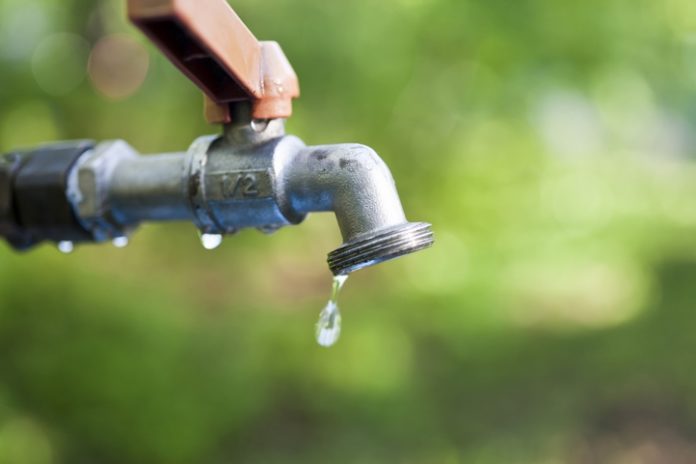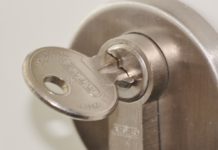There are many possible reasons to explain why your suffering from low water pressure. Oftentimes, this issue indicates there is a serious problem with your home’s plumbing. we’ve outlined below the most likely causes for low pressure, and the repercussions they can have. That way, if you experience this issue you know to contact a professional plumber right away.
1. Valve is Not Opened
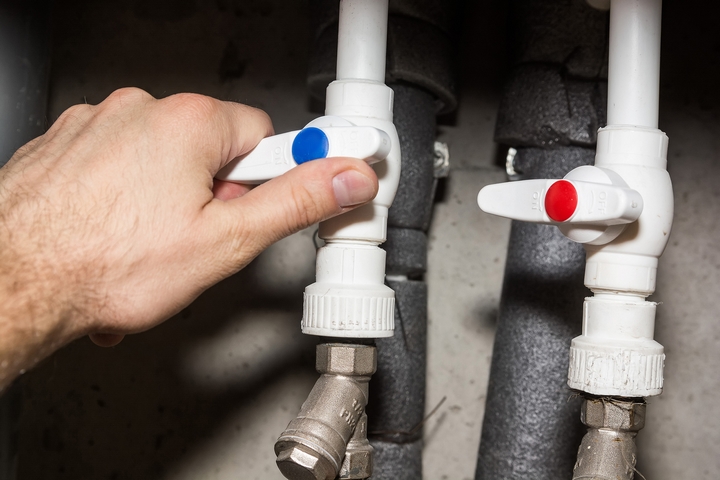
Every home has a value to control the water that enters it. Oftentimes, homes have 2 values to control this. These two valves are a water meter and the main shut-off. When it comes to the water meter valve, you will likely not have access to it as it is located outside of the home. Also, home owners typically do not touch this value as it belongs to the city and can only be operated by a utility worker.
This means, if you’ve recently had some work done on your home and noticed a drop in water pressure, the valve may have been shut. The second valve, (the main-shut-off) is typically located on an outside wall where the main water line enters the home. If you are unsure where it is located and how to have it turned on, contact a professional plumber today.
2. Pressure Regulator Failure
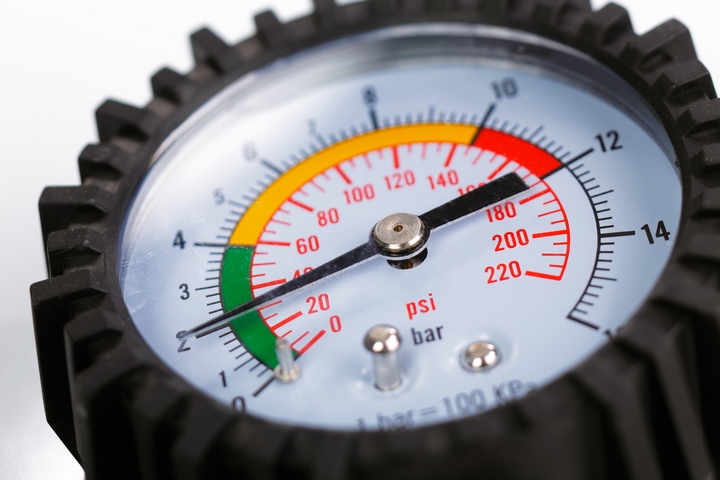
A pressure regulator controls the flow of water in a home. If you are dealing with low pressure, the pressure regulator could be failing. If this mechanism fails, you will likely notice a drop in the flow rather quickly. Replacing the pressure regulator can be difficult, which is why it is best to call in a professional who will know how to fit, and install a newer model.
3. Corroded Pipes
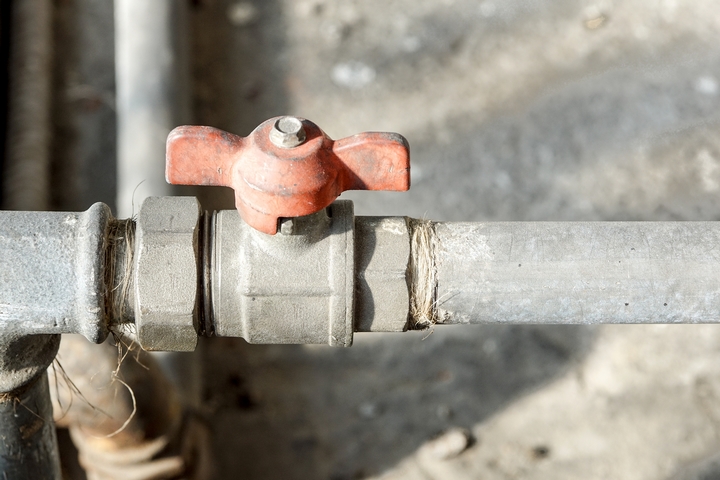
If you are living in a home with older pipes they be corroding and causing a drop in the pressure. When pipes are outdated, they fill with scale and cannot allow water to run freely.
To rectify this issue, you will need to re-pipe your home. Although doing this can be expensive, ignoring the issue can be worse. That’s because, corroded pipes are highly susceptible to leaks, and drips. Leaky pipes can cause additional damage to the buildings structure, mold, and mildew.
4. Clogged Pipe

When the water pressure is low in a single room, there is likely a clog. Oftentimes household products, hair and buildup can make its way into pipes which can prevent a consistent flow of water. Rather than try to rectify the issue on you own, you should contact a professional plumber who can identify the issue and fix it.
5. Leaks

If you’ve noticed a spike in your water bill but are dealing with slow drainage, leaking pipes are likely the cause. Leaks can be hard to detect and often require a full inspection to identify the area. To do this, you should call a trained professional to investigate the source and replace the pipe.
6. Shared Pipeline

If you share a pipeline with a neighbor, this could be the cause of your low pressure. This is especially true if you notice it slow during peak times. Although this means there is not a greater issue at hand, this cause can only be determined by a trained professional.
7. Frozen Pipes

Water lines can freeze in colder climates. If you are suffering from low water pressure, but have recently suffered from colder temperatures your pipes could have frozen. This issue will likely cause water to lose its pressure gradually. But, if this issue persists you should contact a professional to investigate.

